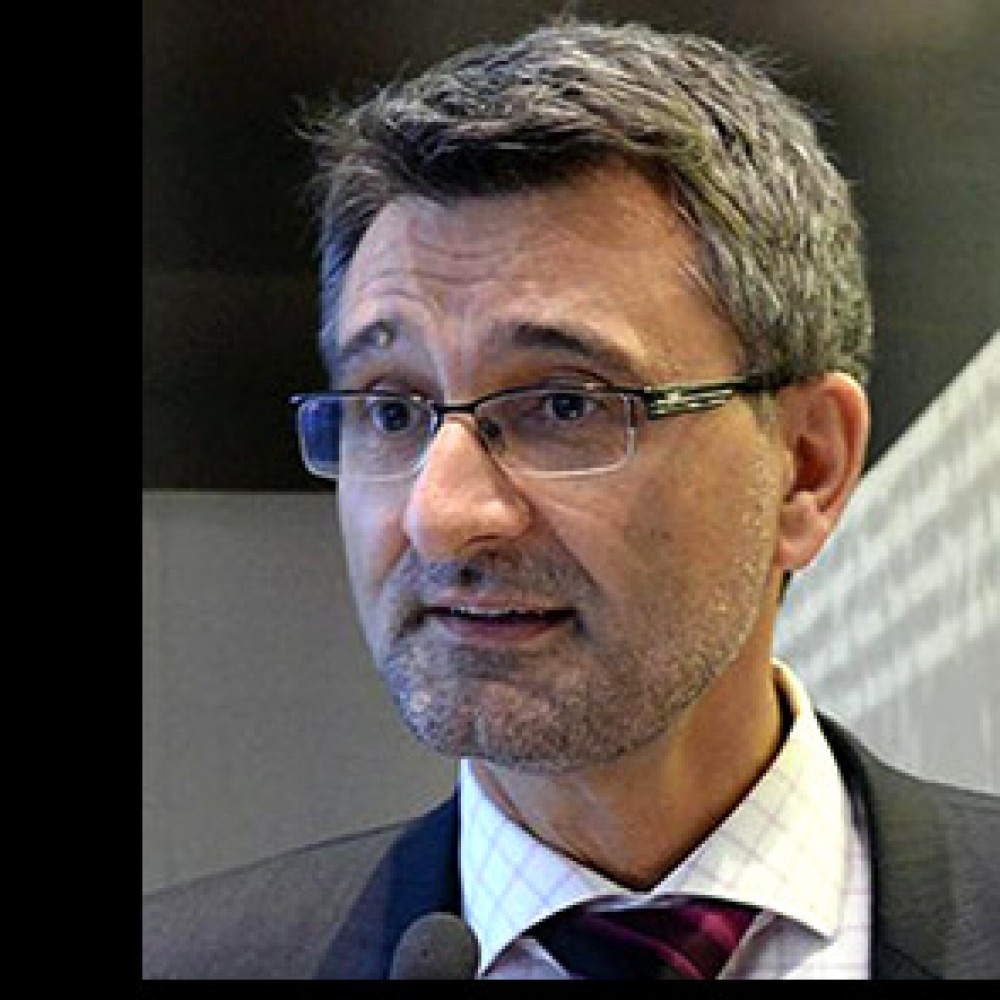Speakers
‹ Back
Dr./Prof. Vladimir Šucha
Director-General, European Commission - Joint Research Centre
CV
Vladimir Šucha is Director-General of the Joint Research Centre of the European Commission, its in-house scientific service.
He was Deputy Director-General of the JRC between 2012 and 2013. Prior to that, he spent 6 years in the position of director for culture and media in the Directorate-General for Education and Culture of the European Commission. Before joining the European Commission, he held various positions in the area of European and international affairs. Between 2005 and 2006, he was director of the Slovak Research and Development Agency, national body responsible for funding research.
He was principal advisor for European affairs to the minister of education of the Slovak Republic (2004-2005).
He worked at the Slovak Representation to the EU in Brussels as research, education and culture counselor (2000-2004). In parallel, he has followed a long-term academic and research career, being a full professor in Slovakia and visiting professor/scientist at different academic institutions in many countries. He published more than 100 scientific papers in peer reviewed journals.
Abstract
Abstract:- Plenary Session 'Science and Food Security: How to feed the world sustainably and equitably'/ Moderator's introduction
Despite important progress, estimates indicate that 805 million people were unable to access sufficient food in 2012-2014 (Global Food Security 2030, JRC Science and Policy Report). 'How to Feed the World Sustainably and Equitably' requires an integrated approach to understand and account for the independencies between global food production and a variety of factors including health, nutrition, agriculture, climate change, water and energy management, ecology and human behaviour; without excluding the impact of conflicts as a key factor in food and nutrition insecurity. Approaching food security from a nexus-view means taking into account trade-offs and including all the relevant stakeholders (policy, science, industry, citizens). Such a systems approach would be possible only if we stimulate innovation through transdisciplinary research that would place special emphasis on social sciences helping us develop responsible consumer behaviour and enhance debate and engagement in the importance of food for a healthy life and environment. The JRC is committed to provide EU policy-makers with evidence on how this systems approach is necessary to respond to the challenges of 'How to Feed the World Sustainably and Equitably'. Better coordination and coherence at EU and international levels are necessary in order to move from a food-security to a food-systems approach. The Sustainable Development Goals provide a critically important framework for addressing this challenge but we need to better analyse and tackle the interdependencies. In view of that, gathering forces, exchanging expertise, experience and data systems and building collaboration between EU actors, International cooperation actors and the scientific community is essential for ensuring a secure and sustainable food supply.
Abstract
Abstract:- EASAC thematic session: A Science-based Advice to Policy-Makers in an Era of Alternative Facts (Panellist)
The relationship between science, policy and society is not straightforward, nor linear. This has been further complicated by the current post-fact debate and loss of authority of institutions and expertise. Research from the cognitive and decision sciences has exposed the complexity of the relationship between facts, values, emotions, perceptions and decisions. Motivated reasoning, confirmation bias, the backfire effect, wilful blindness and cognitive dissonance are becoming more widely understood as natural phenomena that have a profound influence on how facts and evidence are used in decision-making and politics.
So how can we restore trust in science and expertise? How can we make policy-making innovative, inclusive and evidence-informed? How to design a functioning model of relationship between scientists, policy-makers and citizens?
The talk will cover possible solutions: from building communities of knowledge where researchers and policymakers work and co-create together to solve policy challenges; to re-thinking the evidence-policy process using behavioural and cognitive sciences, policy labs, "red-teaming", de-bunking techniques, using narratives, impact assessment etc. The objective is to search for new ideas on how evidence and data can be effectively balanced with values and emotions when policy decisions are taken.